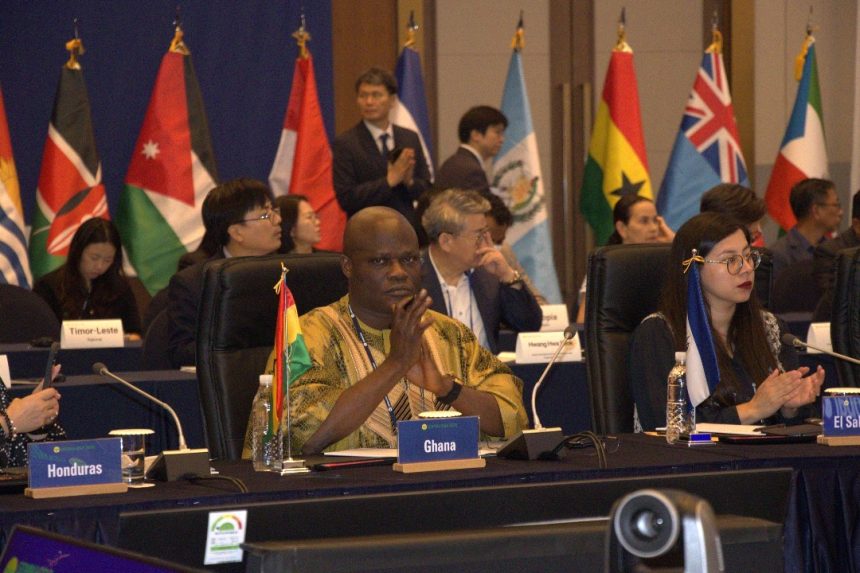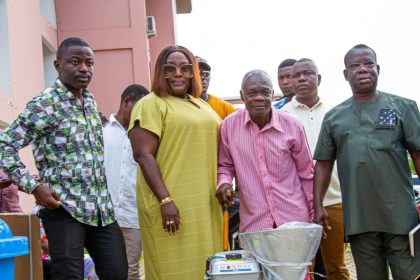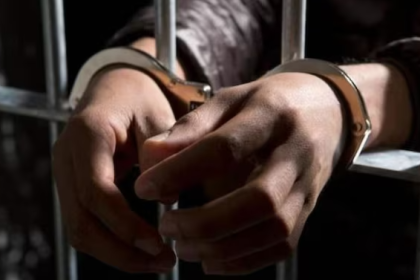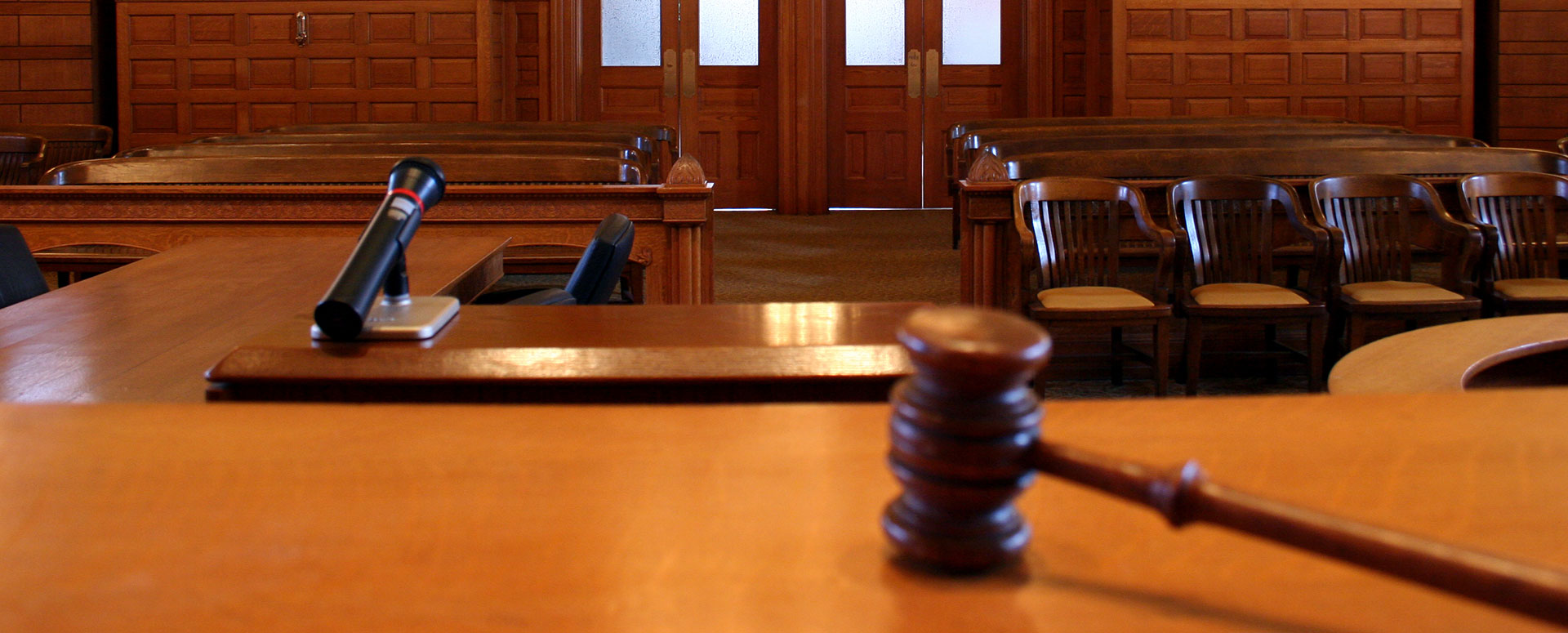Mr. Ahmed Ibrahim, the Minister for Local Government, Chieftaincy and Religious Affairs, says the Government of Ghana is committed to deepening decentralisation and inclusive governance, describing local government as the “foundation of sustainable development.”
He said since 1988, Ghana has pursued a deliberate decentralisation agenda anchored on successive national policies, including the National Urban Policy, National Rural Development Policy, and the Local Economic Development Policy.
These frameworks, he said, were not mere documents but practical instruments for democratic governance, accountability, and community empowerment.
The Minister was speaking at the 2nd Global Saemaul Undong Ministerial Meeting held in Gyeongju, Republic of Korea.
The forum, hosted under the Korea Saemaul Undong Centre, marked the 55th anniversary of the Saemaul Movement and brought together ministers, diplomats, and development leaders from across the globe.
Mr. Ibrahim drew strong parallels between Ghana’s community-driven development efforts and Korea’s Saemaul Undong movement, a 1970s initiative credited with transforming rural Korea through diligence, self-help, and cooperation.
He said the principles of the movement: mindset transformation, community mobilisation, and shared responsibility, resonated with Ghana’s Reset Agenda under President John Dramani Mahama.
“The Saemaul Undong spirit did not only modernise infrastructure but reshaped national confidence, empowered women, revitalised rural leadership, and bridged the rural–urban divide. Ghana is inspired by these lessons and is localising them to suit our cultural context and democratic aspirations,” he stated.
Mr. Ibrahim pointed to flagship programmes such as the Ghana Productive Safety-Net Project II and the Gulf of Guinea Northern Regions Social Cohesion Project, which had delivered feeder roads, water systems, and market infrastructure while supporting over 48,000 individuals with livelihood opportunities.
He also cited reforms like the District Assemblies Common Fund–Responsiveness Factor Grant, which rewarded high-performing districts, and the rollout of digital platforms to enhance transparency in local governance.
The Minister said Ghana was advancing constitutional reforms to allow the election of Metropolitan, Municipal, and District Chief Executives (MMDCEs), in line with recommendations from the 2011 Constitutional Review Commission.
He described this as a crucial step to “strengthen democracy, enhance transparency, and improve service delivery” across the country’s 261 local government areas.
Mr. Ibrahim underscored the mandate of the Ministry, which integrated local governance, chieftaincy, and religious affairs, calling it a “tripod that fosters social cohesion and mobilises cultural and spiritual capital for national development.”
He expressed gratitude to the Republic of Korea and its institutions, including the Korea International Cooperation Agency (KOICA) and the Korea Environmental Industry and Technology Institute (KEITI), for supporting Ghana’s local governance journey.
He revealed that discussions with a recent KEITI delegation in Accra had advanced new areas of collaboration in sustainable waste management, circular economy practices, and urban resilience.
“Community transformation and environmental stewardship go hand in hand. Our partnership with Korea is a reminder that development must be circular, inclusive, and green. Ghana is committed to sharing its experiences with other African nations through South–South and Triangular Cooperation,” he added.
The Minister said the Saemaul Undong spirit was not merely about building roads, schools, or community halls but about mindset transformation, attitudinal change, and the renewal of communal pride.
“Together, we commit to building a world where no village is left behind, no community is excluded, and no person is forgotten,” he stressed.
Mr. Gwang-Lim Kim, President of the Korea Saemaul Undong Center, said Korea was committed to carrying forward the legacy of Saemaul Undong and making a bold leap forward for future generations.
He said this year’s forum would serve as a historic and symbolic platform, demonstrating that Saemaul Undong was no longer just a Korean success story, but a universal value for global prosperity.
GNA






